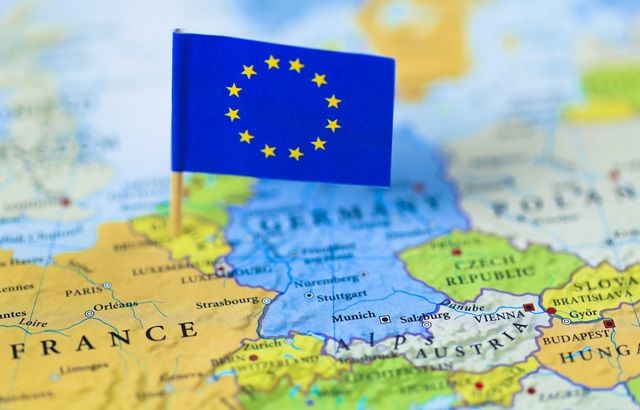European equities posted a second strong consecutive year in 2024, according to a report by Allianz Global Investors.
This development, said Allianz GI in European Equities Outlook Q1 2025, comes amid significant obstacles including an unsteady political environment, weaker-than-expected recovery in China, and sensitivities over interest rates. All these, said the firm, presented issues for European corporates. Despite this, MSCI Europe saw a net return of 8.6% in 2024 — even if this was lower than the S&P 500, which returned about 25% over the same period.
The firm asked why there had been such a positive performance, answering its own question with: “Several factors lie behind this. First, undemanding valuations at the start of the year allowed some room for rerating on the back of easing concerns regarding recession and a possible hard landing. Second, earnings growth has been resilient in most sectors and disappointments quite isolated. And third, dividend payouts have remained very attractive – around 3.5% in 2024 for MSCI Europe.”
Looking ahead, Allianz GI said that European economies will broadly continue to post lacklustre growth this year. In making this point, it pointed to what it said was the ‘current consensus’ of growth across the eurozone of only around 1%.
See also: CEPR backs climate bonds to power Europe’s green transition
Politics also weighs heavily in the report. Germany is set to get into its federal elections within a few weeks. Turmoil in France has been apparent in the past year, too, with Macron’s decisions leading to a vote of no-confidence in the French government. On top of this, there is likely to be strong winds blowing across the Continent from a proposed trade war between the US and, seemingly, everywhere else apart from Russia and China.
Regarding politics, Allianz GI said: “Of course, the political environment – both within Europe and outside – will weigh heavy on potential outcomes in 2025. While possible tariffs have, so far, dominated discussions around the effect of the second Trump Presidency, the impact will go well beyond this. For instance, many European corporates have sizeable US businesses with local production and/or localised services. These entities may benefit from lower corporate taxes.”
It added: “Furthermore, European corporates might benefit in a relative perspective if new US tariffs are focused on Chinese imports. And the impact of various proposed policies – such as tariffs and immigration – on inflation and the US fiscal deficit is yet to be seen. In this respect, the positive impact the election result had on US stockmarkets may revert at some point during the coming months.”
Despite this, there are opportunities. The upcoming German election, says Allianz GI, will probably lead to what it calls a ‘more business-friendly coalition’, led by the CDU’s Friedirch Merz.







